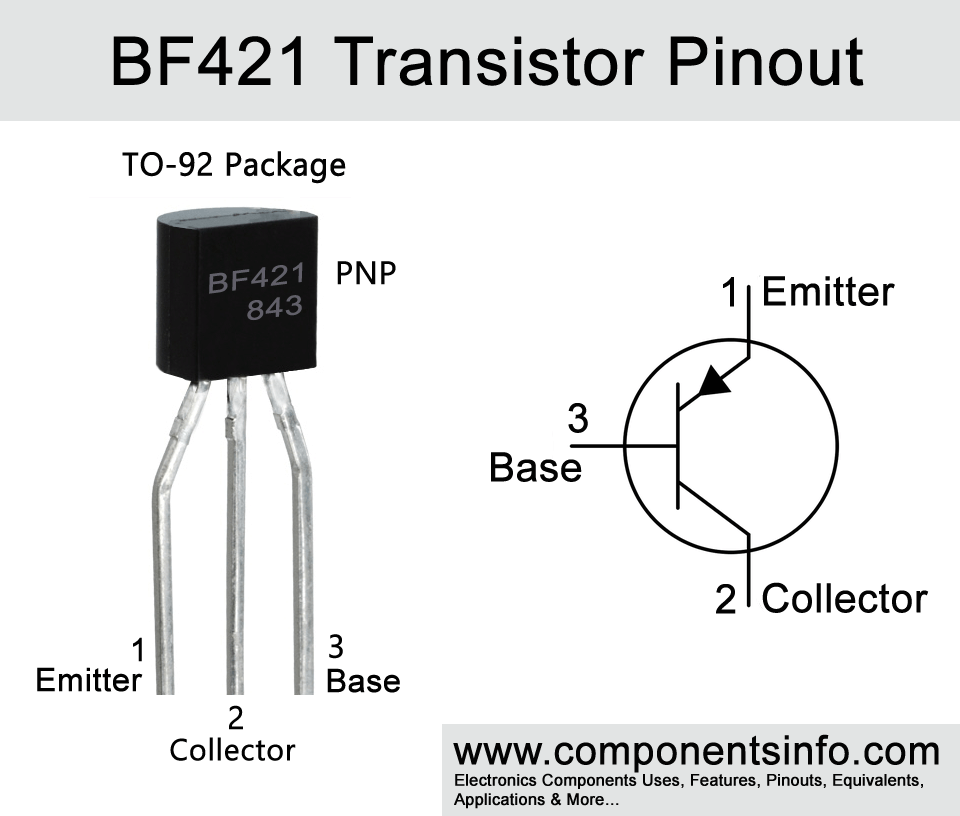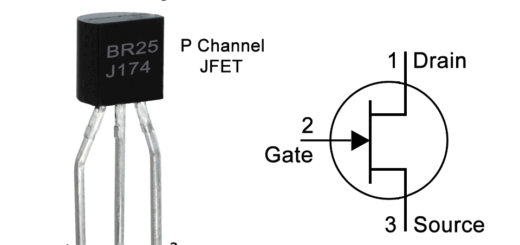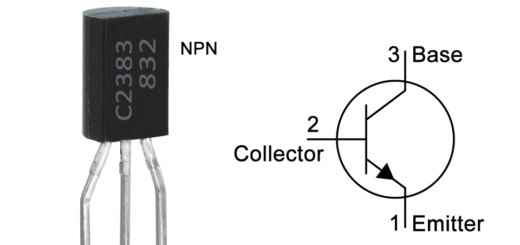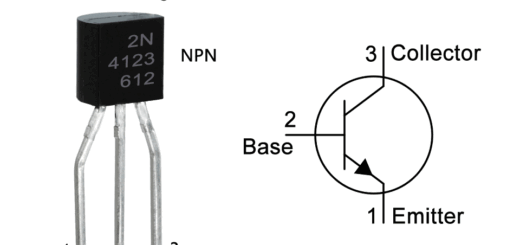BF421 Transistor Pinout, Applications, Equivalent, Features and More
BF421 is a high voltage BJT PNP transistor available in TO-92 package. In this article, we will understand the BF421 transistor pinout, applications, equivalent, features and explore other useful information about this transistor.
Features / Technical Specifications
- Package Type: TO-92
- Transistor Type: PNP
- Max Collector Current(IC): -50mA
- Max Collector-Emitter Voltage (VCE): -300V
- Max Collector-Base Voltage (VCB): -300V
- Max Emitter-Base Voltage (VBE): -5V
- Max Power Dissipation (Ptot): 830 Milliwatt
- Max Transition Frequency (fT): 60 MHz
- DC Current Gain (hFE): 50
- Max Storage, Operating & Junction temperature range: -55 to +150 Centigrade
NPN Complementary:
NPN complimentary of BF421 is BF420
Replacement and Equivalent
BF421, 2SA1624, KSA1625, 2SA1767, KTA1277
BF421 Transistor Explained / Description
BF421 is a PNP BJT transistor available in TO-92 package. Regarding the pin configuration of the transistor, the first pin is “Emitter” second pin is “Collector” and the third pin is “Base”.
It is a high voltage transistor and can handle upto -300V. It is designed to use in applications such as TVs and Monitors Class-B video output circuit stages, telephones related circuits, switches etc. The high voltage capability of the transistor makes it ideal to use in a wide variety of other high voltage applications.
The absolute maximum ratings of the transistor are it has collector-base voltage of -300V, collector-emitter voltage of -300V, emitter-base voltage is -5V, collector current is -50mA, peak collector current is 100mA, DC current gain is 50, max transition frequency is 60MHz and max power dissipation is 830mW.
Above are the absolute maximum ratings of the transistor which means it is the maximum limit on which this transistor can survive but it is not ideal to use a transistor to its absolute maximum limits because it provides more stress to the transistor making it less effective in the long run and can also damage the transistor. Therefore it is always suggested to use any transistor at least 20% below from its absolute max ratings.
Where We Can Use it & How to Use
As discussed above it is designed to use TVs and Monitors Class-B video output circuit stages, telephones related circuits, switches etc. But can also be used in wide variety of other applications such as amplifiers and other high voltage applications.
Using procedure of this transistor is same as we use any other BJT transistor by connecting its emitter to negative of the power supply, driving load to its collector and using a suitable base resistors to deliver required current at its base for controlling the output.
Applications
Class B Video Output Stages of TV and Monitors
Signal Processing Circuits
Oscillators
Switching Circuits
And many other general purpose and high voltage applications
Safe Operating Guidelines
For safe operating the transistor and getting long term performance with it, it is suggested to always use it 20% below from its max ratings so the maximum collector-emitter voltage is -300V therefore do not drive load of more than -240V, the max collector current is -50mA so the driven load should be under -40mA and it should not be exposed to temperature below -55°C and above+150 °C.
Datasheet
To Download the datasheet just copy and paste the below link in your browser.
https://z3d9b7u8.stackpathcdn.com/pdf-down/B/F/4/BF421_GeneralSemiconductor.pdf



